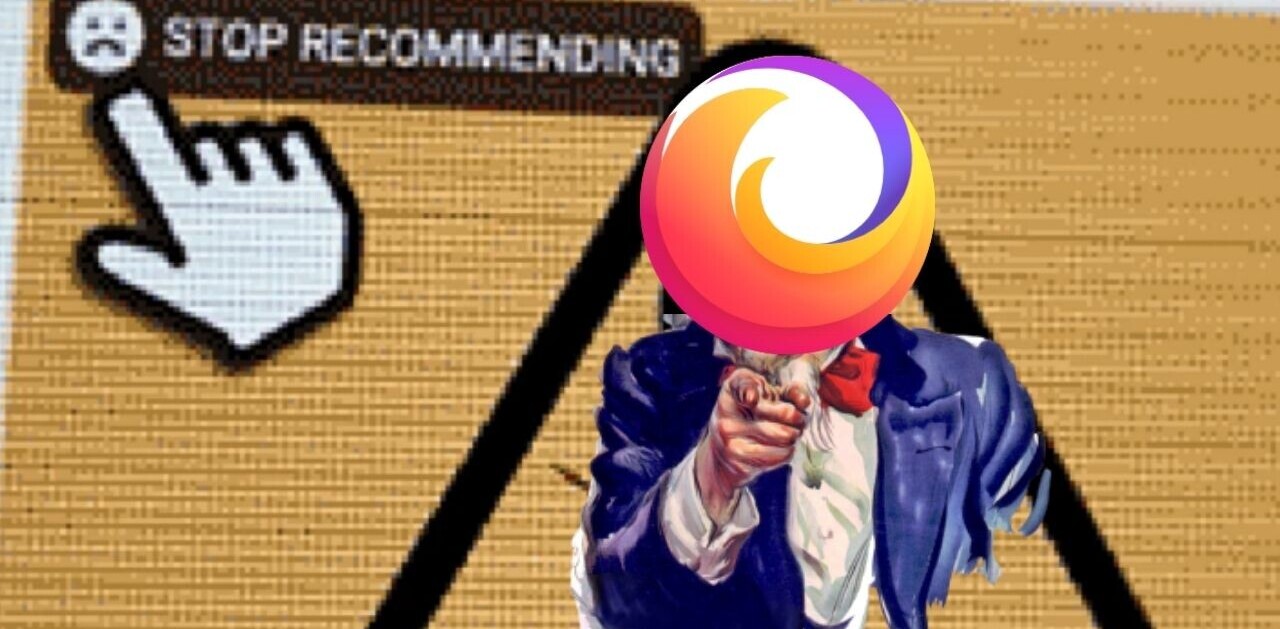
Mozilla and Unity today announced plans to bring Unity-authored games to the Web that can be played without the need to install anything other than a browser. Unity will be releasing a WebGL add-on as part of Unity 5.0 later this year, allowing millions of its developers to export their projects directly to the Web without the friction of plugins while hopefully still delivering smooth gameplay.
Yet we’re sure you just want to see technology in action. As such, you’ll be happy to learn the duo is showcasing a preview of the popular game Dead Trigger 2 running in Firefox, which it claims works at near-native speed:
The achievement is possible thanks to two Mozilla-pioneered technologies. The first is WebGL, a JavaScript API that allows browsers to render 3D graphics without the need for additional plugins, which has already seen support on most major browsers. The second is asm.js, the company’s subset of JavaScript aimed at letting developers deliver gaming performance on the Web, which works in Firefox and partly in Chrome.
“We believe WebGL and asm.js will be driving the future of gaming on the Web,” Ralph Hauwert, Senior Developer of Unity Technologies, said in a statement. Hauwert further told TNW that working with Mozilla made sense given that for now, Unity is aiming to support desktop Firefox and desktop Chrome.
That being said, developers can expect their games will work well in all modern desktop browsers that fully support WebGL. Superior performance will come from browsers that specifically optimize for asm.js, which Mozilla naturally hopes will be a growing list one day.
“Unity is one of the most innovative companies in gaming so their commitment to WebGL and asm.js really strengthens support for Mozilla’s vision of a high performance, plugin-free Web,” Vlad Vukicevic, Engineering Director at Mozilla and inventor of WebGL, said in a statement. Unity’s decision to support WebGL and asm.js shows the company’s interest in pushing the Web forward as a gaming platform, and is excellent news for Mozilla given the organization’s vision for online games.
See also – Epic Games teams up with Mozilla to bring Unreal Engine 4 to Firefox and Check out how Mozilla is pushing HTML5 gaming with this 3D first person shooter demo
Top Image Credit: Shutterstock
Get the TNW newsletter
Get the most important tech news in your inbox each week.




